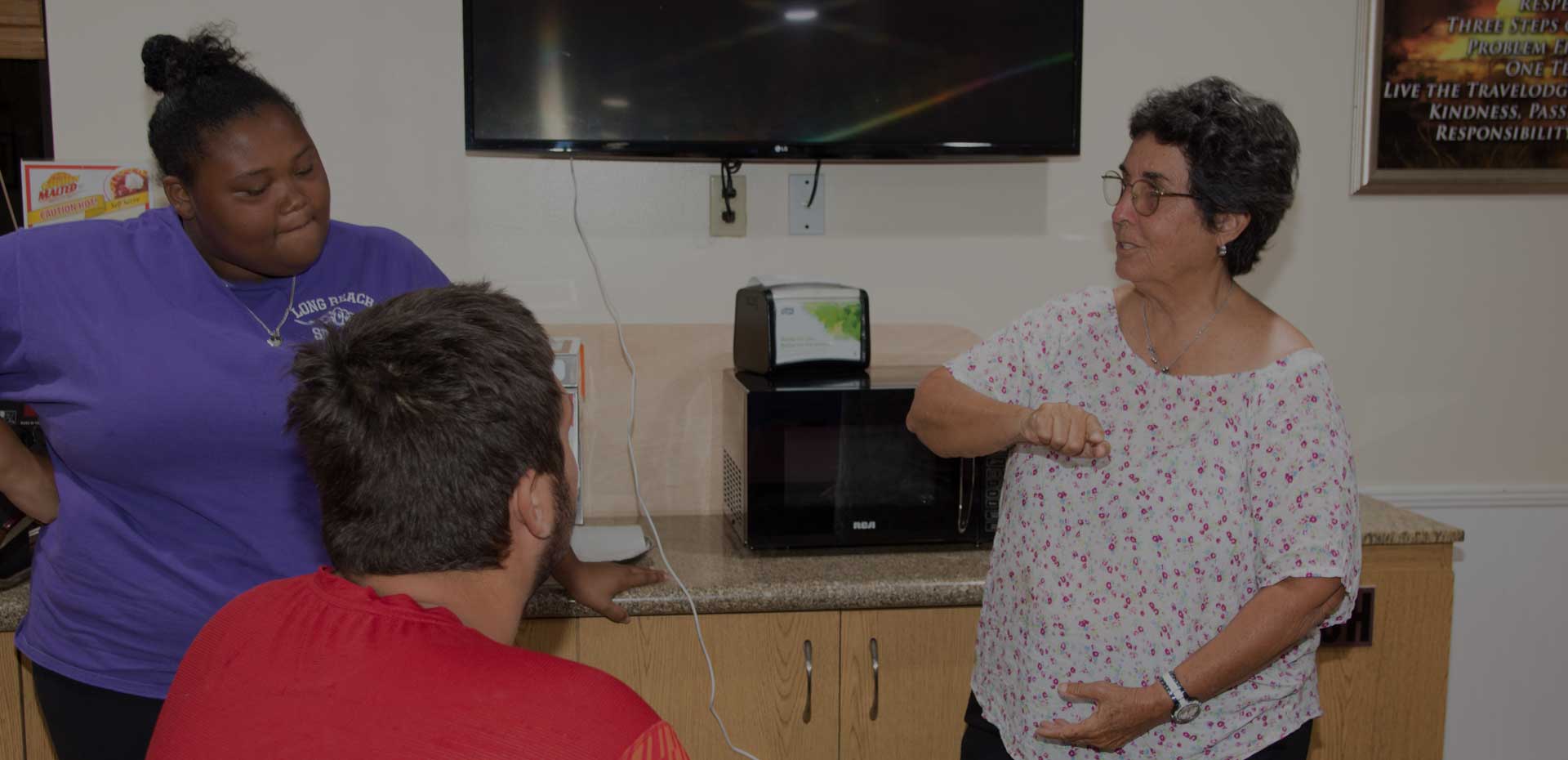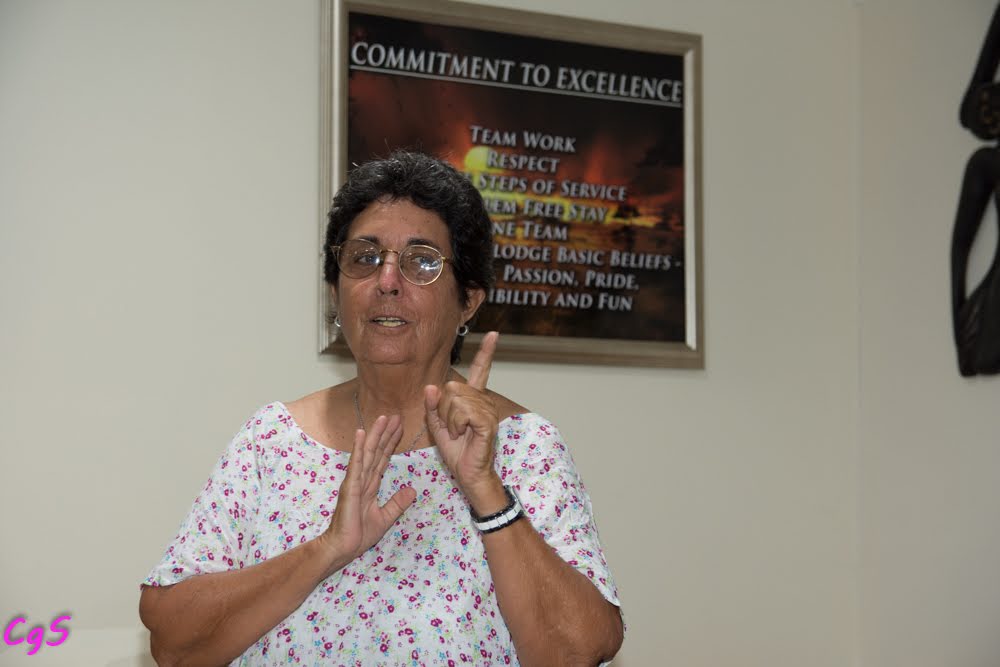So when did all of your fire and passion to become an activism begin?
“When I returned to CR, I became part of the Human Rights’ Commission. With the dictatorship in Central America and the war, I witnessed that during those wars, there were a lot of violations of human rights and I saw the need for human rights education.”
“That’s when I also recognized that women’s rights are human rights. I joined the feminists’ movement to force the UN to recognize violence against women and to recognize women’s rights are human rights. She explained, “I interviewed women worldwide. There are very few countries that I haven’t been to. When I interviewed them, I would hear women of all ages and from all walks of life saying that their rights were not recognized.”
“Women had a perspective not in any books- about environment ‘a woman’s body is the first environment of everybody.’ I had never heard that before.” For the next 50 years, Maria stayed engaged in the feminist movement and hosted a international radio program of women’s voices worldwide. It was the only thing that was important enough to keep her away from her beloved ocean.
Maria shares that she missed the ocean desperately as a diver and fisherwoman. She had learned to swim before she could walk. Both of her parents had been avid ocean lovers. “I remained heavily involved in activism until I retired but I simply had to get back to the ocean.” At that time, the nearest beautiful beach was a four hour drive.
At age 65, she decided that she must move to a home near the ocean. Her plan was to retire, dive, snorkel, and work with the local fishing community. Maria quickly realized that living by the ocean came with a price. Somehow (not surprisingly), she became engaged in the struggle to keep the original land rights of the BriBri tribal community as well as the struggle for conservation of the ocean. “I realized that we [the community] could win that fight to keep the culture of the community, the land rights, and the ocean.” Unfortunately, there was another adversary. “If we lost our youth to drugs, desperation, and suicide, we would have no life here. That’s when I decided to dedicate the rest of my life to the youth who told me that in order to continue to relate to the ocean, they could no longer do it the way their grandparents and parents did it. They wanted to do it
by scuba diving, in a modern way.” Some of the youth were Afro-BriBri kids, born in that ocean as fourth generation descendants from the sunken enslaved shipwreck. This would become the birth of Ambassadors of the Seas (AOS). The four founding youth of AOS were ages 13-15, and with tanks on their backs for the first time, they experienced Discover Scuba with a local Dive Instructor hired by Maria.
When they returned, gauging their excitement and the sparkle in their eyes, Maria decided, “ This is what I’m going to do for the rest of my life.” This would be their opportunity to continue their parents’ legacy of entrepreneurship with ocean conservation. “Talamanca has such cultural biodiversity and natural richness because their grandparents protected the ocean, mountains, and the forest.”, she added.
Maria sighed, “This would be their diving with a purpose, an opportunity for youth to conserve on their own terms and do it sustainably.”



